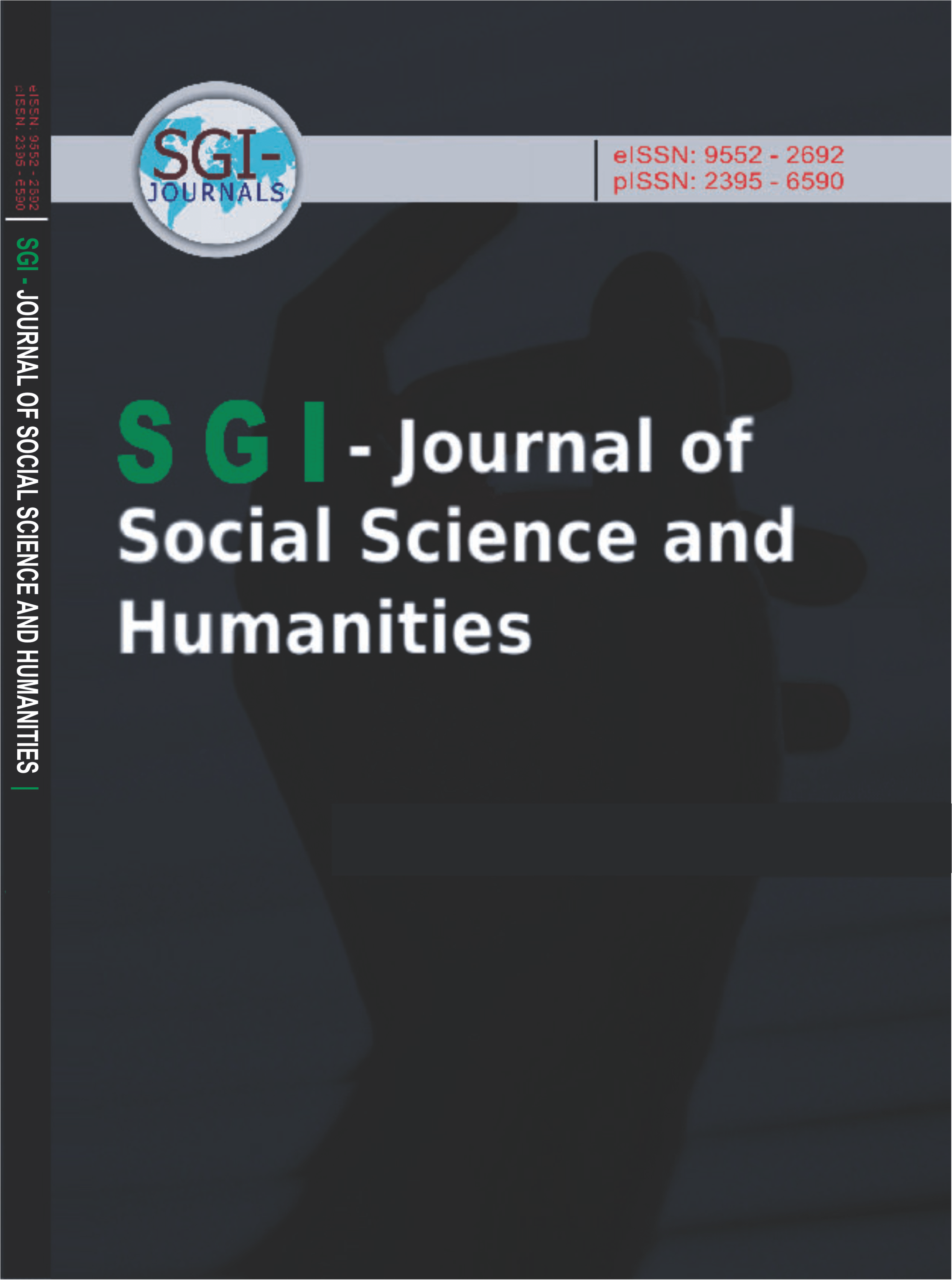SGI-JOURNAL OF SOCIAL SCIENCE AND HUMANITIES (SGI-JSSH)
INFLUENCE OF FAMILY STRUCTURE ON ACHIEVEMENT-MOTIVATION: DISCOVERING THE SCENARIO OF BANGLADESHI PUBLIC UNIVERSITY STUDENTS
E-ISSN: 9552-2692
P-ISSN: 2395-6590
DOI: https://iigdpublishers.com/article/712
This paper is a study of the impact of family structure on the achievement motivation. The sample for the present study consisted of 492 university students who were enrolled in public universities of Bangladesh. AMS-R revised scale was used to assess achievement motivation. To respond to the research question, mean and standard deviation were calculated, and analysis of variance (ANOVA) was performed to assess the hypotheses. The study’s findings showed that students from single parent families had the greatest mean levels of enthusiasm, followed by students from nuclear families, while students from extended families had the lowest scores of achievement motivation. According to the findings, it is suggested that parents should be concerned in their children’s upbringing, among other things.
Sariya Shabnam
Acharya, N., & Joshi, S. (2011). Achievement motivation and parental support to adolescents. Journal of the Indian Academy of Applied Psychology, 37(1), 132–139.
Adenike, A. O. (2013). Effects of family type (monogamy or polygamy) on students’ academic achievement in Nigeria. International Journal of Psychology and Behavioral Sciences, 5(8), 153–156.
Carlson, M. J., & Corcoran, M. A. (2001). Family structure and children’s behavioral and cognitive outcomes. Journal of Marriage and Family, 63(3), 779–792. https://doi.org/10.1111/j.1741-3737.2001.00779.x.
Craigie, T. L., Brooks-Gunn, J., & Waldfogel, J. (2012). Family structure, family stability and outcomes of five-year-old children. Families, Relationships and Societies, 1(1), 43–61. https://doi.org/10.1332/204674312X633153.
Dahraei, H. A., & Adlparvar, E. (2016). The relationship between family functioning, achievement motivation and rational decision-making style in female high school students of Tehran, Iran. International Journal of Humanities and Social Sciences, 3(2), 456–463.
